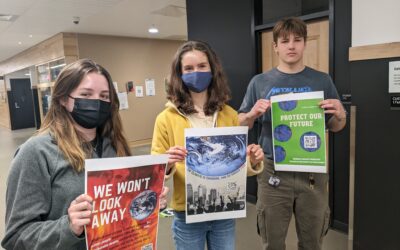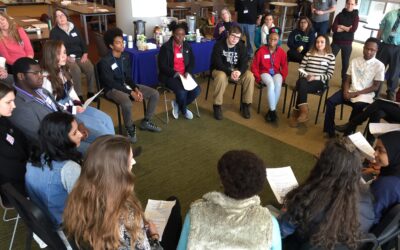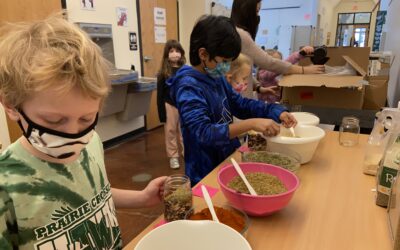Overview
Facing History and Ourselves aims to “use lessons of history to challenge teachers and their students to stand up to bigotry and hate.” This resource integrates the study of history, literature, and human behavior with ethical decision-making and innovative teaching strategies to promote historical understanding, critical thinking, and social-emotional learning. Through Facing History, students not only explore the complexities of history and make connections to current events, they come away with a deeper appreciation of racism, religious intolerance, and prejudice; a greater understanding of their roles and responsibilities in a democracy; and a better sense of how history relates to their personal lives.
Teaching Strategies Across Content Areas
Facing History covers a wide range of social justice topics. To help teachers teach these topics in a meaningful way, Facing History offers both professional development and educational resources. Through the on-demand learning center, teachers have access to print and digital resources, including protocols for teaching strategies, classroom videos, on-demand webinars, and self-paced workshops. An example resource is the Fostering Engagement through Fishbowl Discussion and the Fishbowl Video Viewing Guide. Subject areas include Civics/Citizenship, English Language Arts, European History, History, Social Studies, U.S. History, and World History.
Resource Benefits
Facing History is a great example of how social-emotional learning can be integrated in curriculum. Through this resource, teachers and students alike develop essential competencies that encourage positive relationships, awareness of others, and compassionate responses. The Collaborative for Academic, Social, and Emotional Learning named Facing History as one of nine programs in the country that has had a proven positive effect on students (e.g., improved academics, increased empathy, and pro-social behavior).
Research backs up Facing History’s impact on students. A sampling:
- Students were nearly twice as likely to report that their class motivated them to learn.
- Compared to their peers, 69% of students reported feeling strongly that it’s their responsibility to be actively involved in state and local issues.
- Compared to their peers, students were more relationally mature, less racist in attitude, and more empathic.
Source: Facing History and Ourselves






